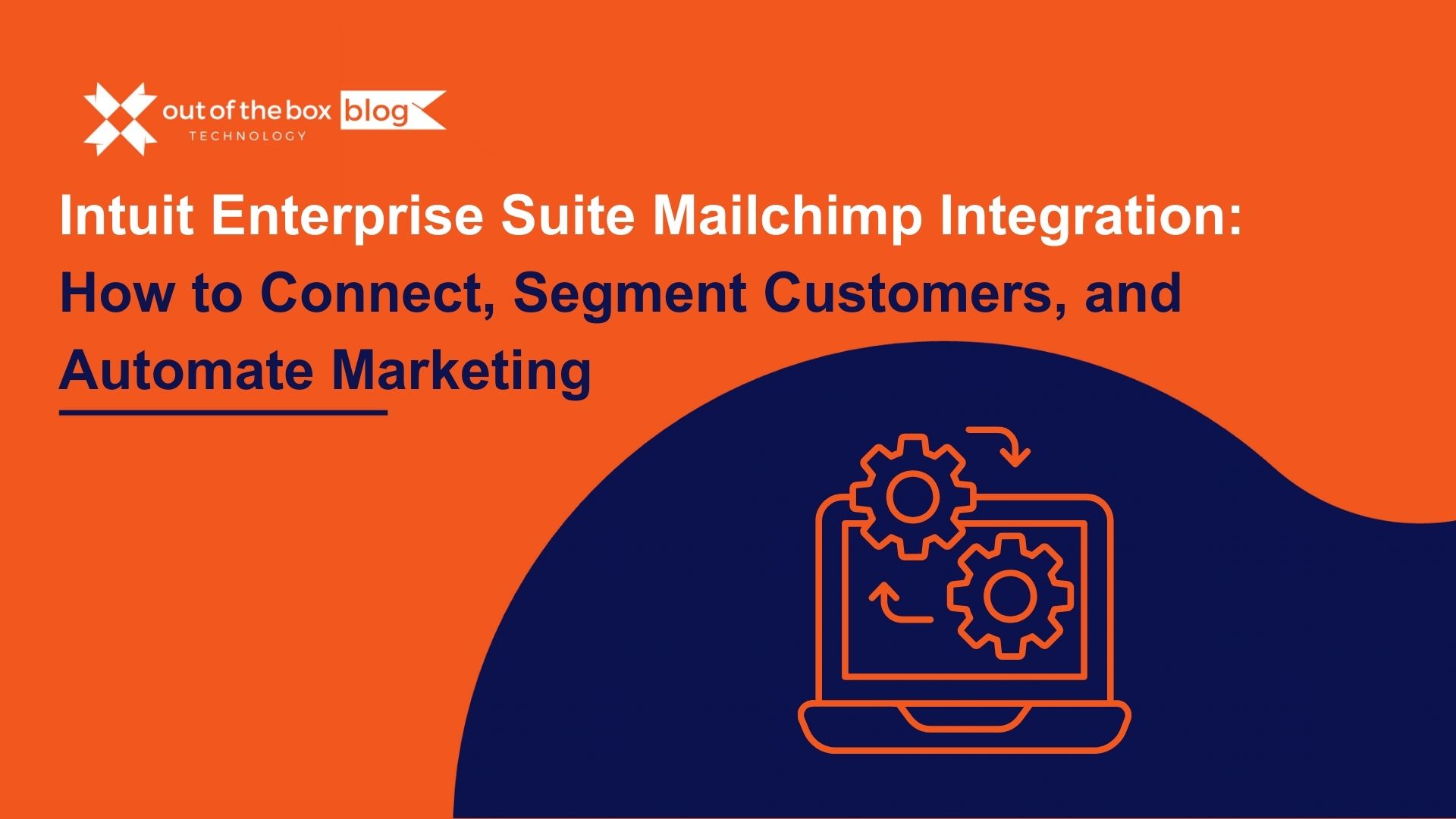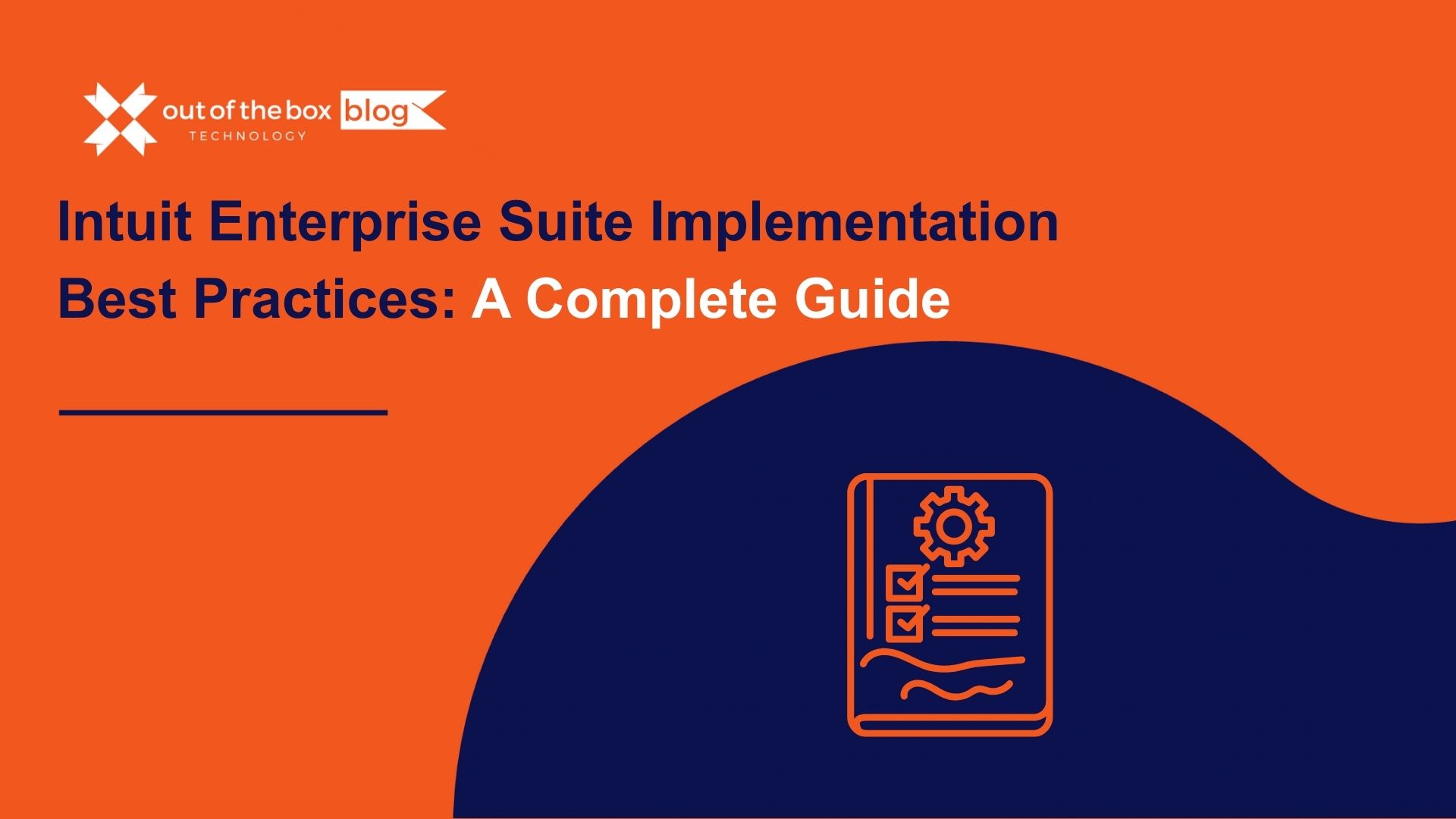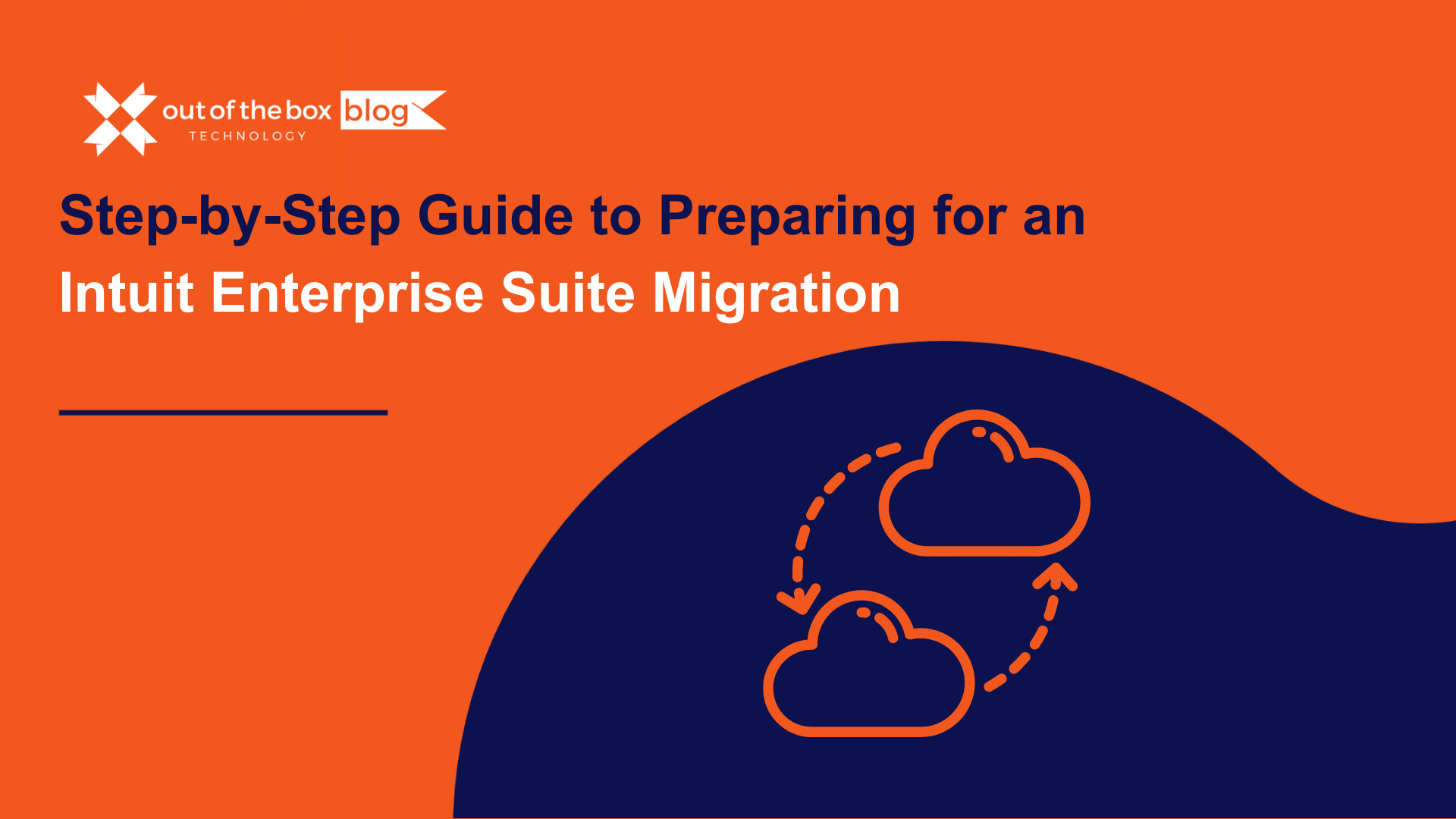Introduction
The end of the year is an exciting time—wrapping up projects, reflecting on achievements, and making plans for the future. But it’s also a crucial period for bookkeeping and financial management. Preparing your business finances for year-end ensures you’re not scrambling when tax season rolls around, giving you a chance to organize everything and start the new year with a clean slate. In this article, we’ll walk you through practical steps to prepare your finances, streamline your processes, and reduce stress.
Why Year-End Financial Preparation Matters
Getting your finances in order before the year ends isn’t just about avoiding headaches—it’s a smart business move. It allows you to meet compliance and tax deadlines with ease, providing a clear picture of your company’s financial health. Plus, you’ll avoid the mad dash of last-minute number-crunching, which can lead to errors and missed opportunities.
Think of year-end preparation as your financial report card. It gives you insight into what’s working, what’s not, and where you need to focus in the new year.
Step-by-Step Guide to Prepare Your Business Finances for Year-End
Step 1: Organize Your Bookkeeping
A solid year-end starts with organized bookkeeping. Go through your financial records and make sure everything is up to date. Review and reconcile your accounts—check that your bank statements align with your financial records. Also, categorize transactions properly, so your books are accurate and easy to understand.
Step 2: Review Outstanding Invoices and Payables
Unpaid invoices and outstanding bills can disrupt your financial reports. Take the time to follow up on unpaid invoices—this could improve your cash flow before the year ends. Additionally, ensure that any pending bills are accounted for and scheduled for payment.
Step 3: Conduct an Inventory Check (If Applicable)
If your business manages inventory, now’s the time for a physical stock check. Make sure your records align with what’s in storage. Any discrepancies should be investigated and corrected before year-end to ensure your books reflect reality.
Step 4: Prepare Year-End Financial Reports
Your profit and loss statement, balance sheet, and cash flow statement are the financial trio that tells your company’s story. These reports provide a snapshot of your financial performance and help you identify trends and areas that need improvement.
Step 5: Assess Tax Deductions and Credits
Year-end is an excellent time to identify tax deductions and credits. Look for eligible expenses, like business-related travel or office supplies, that could reduce your taxable income. You might even consider prepaying expenses, such as rent or insurance, to take advantage of tax deductions this year.
Step 6: Meet with Your Accountant or Bookkeeper
Consulting with your accountant or bookkeeper before the year ends is invaluable. They can help you assess your financial health, estimate tax liabilities, and suggest strategies for reducing your tax burden. Planning ahead ensures you’re not caught off-guard come tax season.
How Bookkeeping Plays a Crucial Role in Year-End Preparation
Good bookkeeping makes year-end preparation much easier. When your financial records are accurate and organized, it’s a breeze to generate reports, reconcile accounts, and prepare for taxes. Consistent bookkeeping throughout the year ensures that your books are always in order, reducing the need for last-minute clean-ups.
Tips to Stay Organized Throughout the Year
- Reconcile accounts regularly to catch errors early.
- Use bookkeeping software to automate tracking and reporting.
- Schedule quarterly financial reviews to stay on top of your finances and make necessary adjustments throughout the year.
The Benefits of Planning Ahead for Year-End
Planning for year-end well in advance has several advantages. It reduces stress, as you won’t be rushing to gather documents or correct errors at the last minute. You’ll also have more time to identify potential tax savings, giving you a financial edge. Plus, with accurate data at your fingertips, you can make more informed business decisions for the new year.
Conclusion
Preparing your business finances for year-end is essential for a smooth transition into the new year. With organized bookkeeping, thorough reviews, and careful planning, you’ll not only stay compliant but also position your business for growth. Don’t wait until the last minute—start preparing now to enjoy peace of mind and financial clarity.
FAQs
1. What is year-end financial preparation?
It’s the process of organizing your financial records and preparing reports to close out the fiscal year, ensuring your business is ready for tax season.
2. Why is bookkeeping important for year-end preparation?
Accurate bookkeeping ensures your financial data is organized, making it easier to prepare reports and file taxes.
3. When should I start preparing for year-end?
Ideally, you should begin preparing at least two to three months before the year ends to give yourself ample time to review and organize.
4. What reports do I need for year-end?
You’ll need a profit and loss statement, balance sheet, and cash flow statement for a complete financial snapshot.
5. Can bookkeeping software help with year-end preparation?
Yes, bookkeeping software can streamline processes by automating data entry, tracking expenses, and generating reports.
6. Should I hire a bookkeeper or accountant for year-end tasks?
It depends on your needs. A bookkeeper can handle operational tasks, while an accountant can offer tax advice and strategic insights.
7. What are the benefits of year-end financial planning?
It reduces stress, identifies tax-saving opportunities, and provides insight for better financial decisions in the new year.
8. How can I avoid common year-end mistakes?
Stay organized throughout the year, reconcile accounts regularly, and consult with professionals to avoid errors.
Meet with a QuickBooks service expert today!
Ready to ensure a seamless and error-free bookkeeping data migration? Let Out of the Box Technology guide you through every step of the process with expert support and customized solutions. Contact us today to schedule your consultation and make your bookkeeping data migration stress-free and successful!




